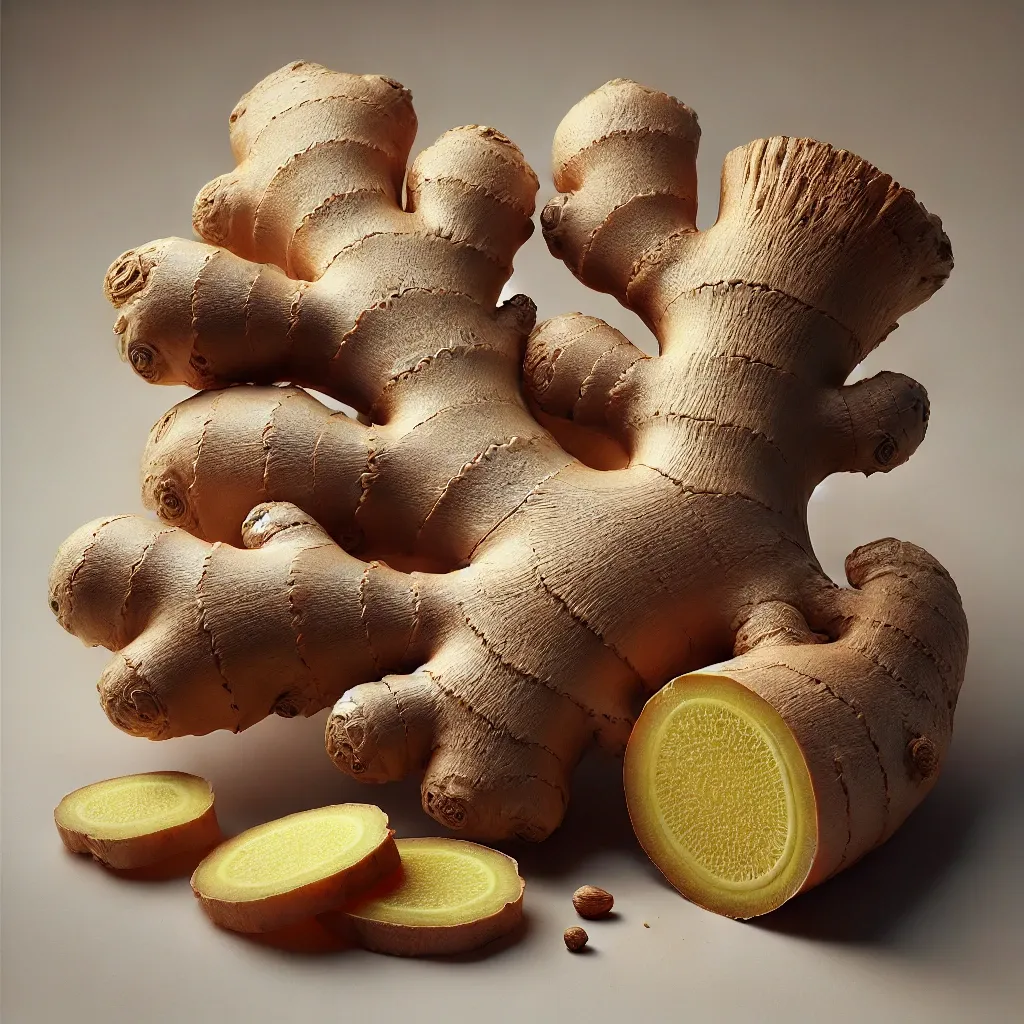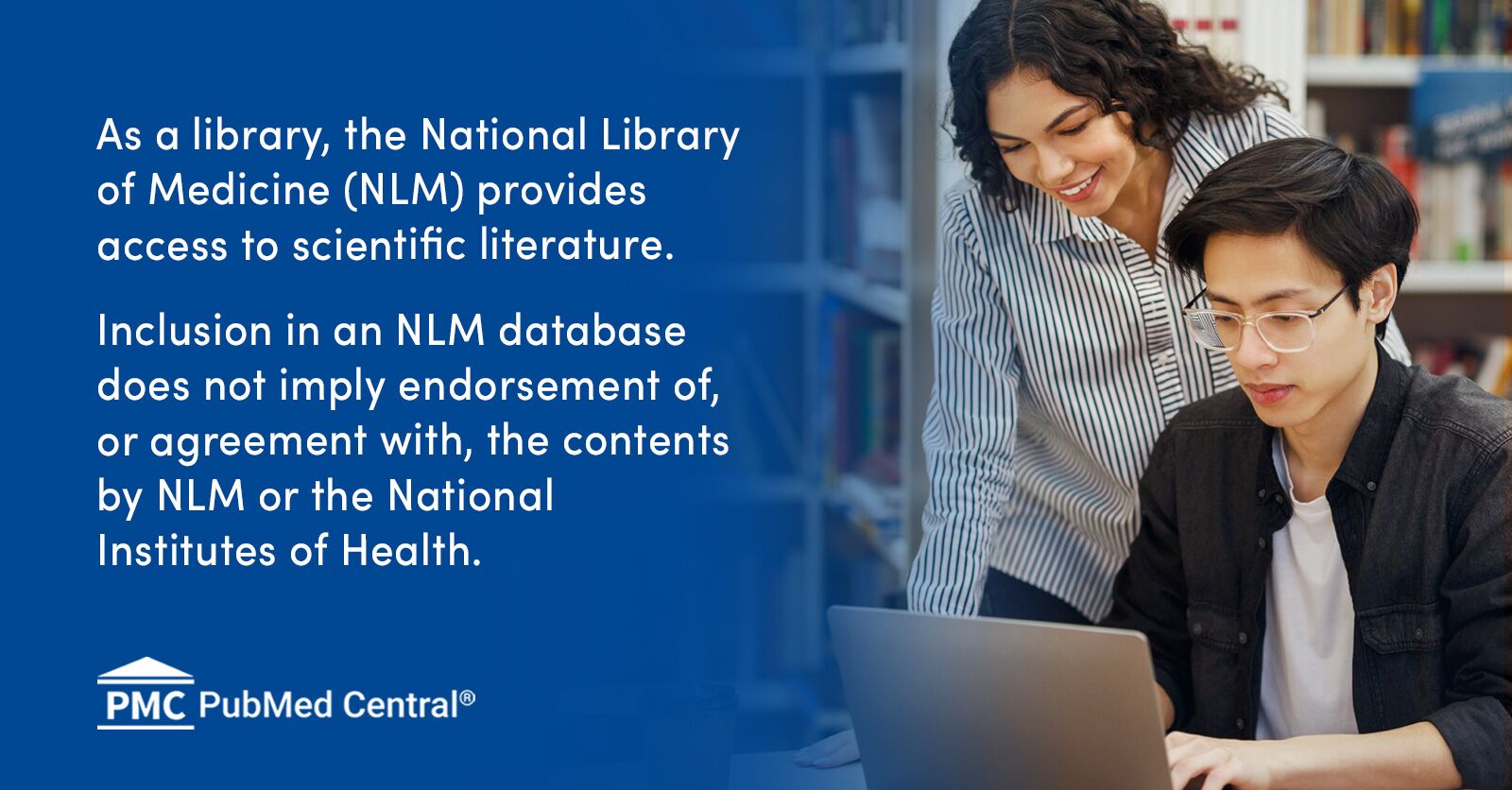Gastroesophageal reflux disease (GERD) and acid reflux are common issues where stomach acid rises into the esophagus, leading to heartburn, acid reflux symptoms, and possible damage to the esophageal lining. While treatments such as proton pump inhibitors (PPIs) and antacids are common GERD treatments, many people seek natural remedies, such as ginger, to help manage GERD symptoms and acid reflux relief. Ginger is a root that has been valued for its healing properties for thousands of years.

Understanding GERD and Its Challenges
GERD and acid reflux occur when the lower esophageal sphincter (LES) weakens or relaxes improperly, allowing stomach acid to enter the esophagus. Common symptoms include heartburn, regurgitation, and chest pain. Left untreated, GERD may lead to reflux esophagitis or conditions like Barrett’s esophagus.
Ginger: A Natural Healer
Origin and Traditional Use
Ginger (Zingiber officinale) is a flowering plant originating from Southeast Asia. Traditionally, it’s been used to treat a variety of ailments, including:
- Nausea and vomiting
- Indigestion and stomach discomfort
- Inflammation
- Arthritic pain
How Ginger Helps with GERD
1. Enhances Gastrointestinal Motility
Ginger is known to promote gastric emptying, reducing the time food sits in the stomach. This action can decrease the likelihood of acid reflux by limiting the opportunity for stomach contents to push back into the esophagus.
- Scientific Insight: Ginger stimulates gastric contractions, aiding in faster digestion and reducing pressure on the LES.
2. Anti-Inflammatory Properties
Chronic inflammation of the esophagus is a hallmark of GERD. Ginger contains potent anti-inflammatory compounds like gingerols and shogaols.
- Scientific Insight: These compounds inhibit pro-inflammatory cytokines, reducing inflammation in the esophageal lining.
3. Interacts with Serotonin Receptors
Ginger influences serotonin (5-HT) receptors in the gut, which play a role in gastrointestinal motility and sensation.
- 5-HT3 Antagonism: By blocking these receptors, ginger can reduce nausea and vomiting.
- 5-HT4 Agonism: Stimulating these receptors enhances gastrointestinal motility, helping prevent acid from lingering and causing reflux.
4. Antioxidant Effects
Oxidative stress contributes to the damage seen in GERD. Ginger’s antioxidant properties help neutralize free radicals.
- Scientific Insight: Antioxidants in ginger protect the esophageal mucosa from oxidative damage.
Research Supporting Ginger’s Efficacy
- Study on Functional Dyspepsia: A randomized, double-blind, placebo-controlled study showed that ginger significantly improved symptoms of indigestion, which often overlaps with GERD symptoms.
- Ginger and Gastric Emptying: Research published in the European Journal of Gastroenterology & Hepatology found that ginger accelerated gastric emptying and stimulated antral contractions in healthy volunteers.
How to Use Ginger for GERD
Forms of Ginger
- Fresh Ginger Root: Can be sliced, grated, or chewed.
- Ginger Tea: Steeping fresh ginger slices in hot water.
- Ginger Supplements: Available in capsules or extracts.
- Candied Ginger: May contain added sugars; use cautiously.
Dosage Recommendations
- Tea: Drink 2-4 cups daily, especially after meals.
- Supplements: Typically, 1,000 mg per day, but follow the product’s instructions or consult a healthcare provider.
Precautions
- Interactions: Ginger may interact with blood-thinning medications.
- Side Effects: High doses can cause mouth irritation, heartburn, or diarrhea.
- Pregnancy: Generally considered safe but consult a healthcare provider.
References:



Hi, this weekend is good in favor of me, since this time i am reading this great informative article here at my house.